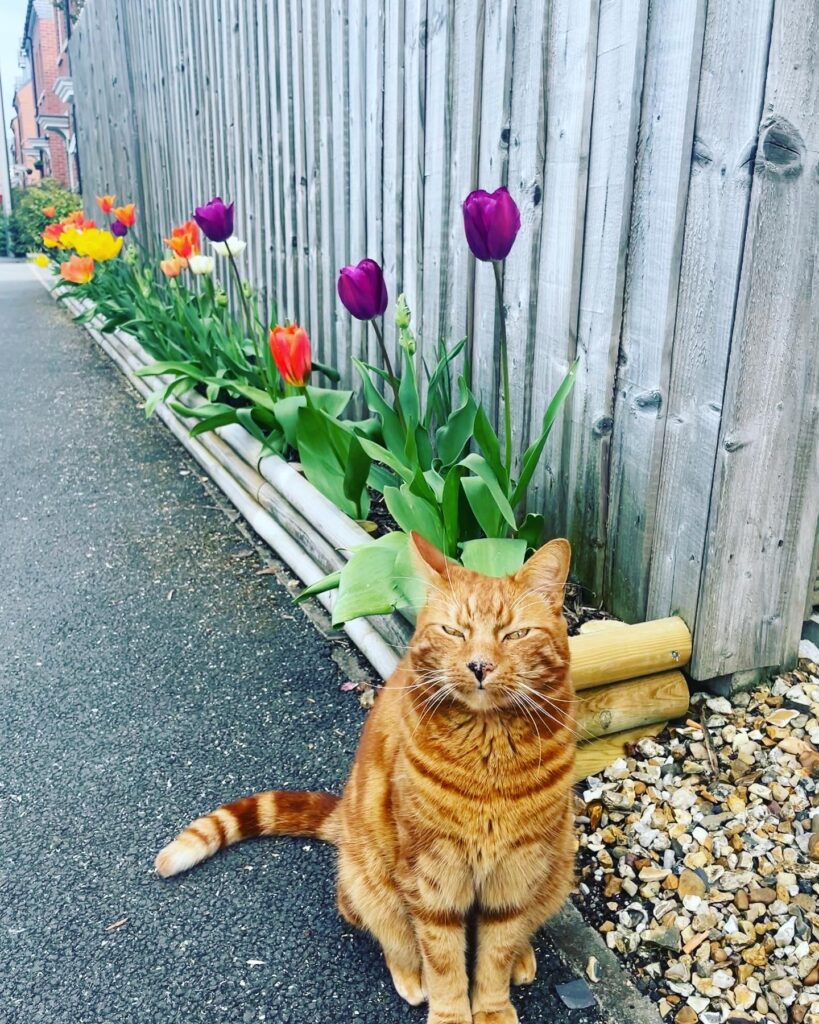Autumn Toxins-Trick or Treat?
Autumn is well underway and as usual, we wanted to remind you of those seasonal risks to our pets
Mushrooms and toadstools: There are thousands of mushroom species and the signs they cause can vary hugely depending on which species is ingested. These can range from gastrointestinal signs to hallucinations, behaviour changes and in severe cases, kidney and liver failure. If a sample of the mushroom can be safely collected at the time and/or photos taken of the location it was growing, including the top and underneath of the mushroom, this will allow the most accurate identification. Please remember to wash your hands after any handling of the mushroom yourself. Expert knowledge is needed to help identify the mushroom via the Veterinary Poisons Information Service (VPIS) who work closely with the Fungus Conservation Trust to provide, at a fee, this brilliant service to us so we can provide the best care for our patients.
Acorns, conkers and berries: If scavenged by our pets, signs can include vomiting, diarrhoea, reduced appetite and abdominal pain. Acorns may also cause an itchy rash and swelling of the lips or around the eyes. An additional risk to their ingestion is that their shape and size (particularly conkers) may cause an intestinal blockage. Like mushrooms, there are numerous species of berries, therefore if a sample or photo can be collected, that can help us identify and work out the best plan for your pet.
Spring Bulbs: This is the season for planting daffodils, tulips, and snowdrops. To prevent ingestion and potential gastrointestinal issues, please store these bulbs securely and ensure that pets are kept at a safe distance during the planting process.
Halloween chocolate: Chocolate is toxic to pets as it contains theobromine. The higher the cocoa content in chocolate, the more theobromine it contains and the more toxic it is. Signs include vomiting, diarrhoea, and abdominal pain, but with high doses, it can progress to neurological signs, such as seizures. Another toxic chemical found in sweets, including marshmallows, is Xylitol (a sweetener). Xylitol can cause blood sugar levels to drop to dangerously low levels and, in some patients, cause liver failure.
Fireworks, sparklers and glow sticks: Unused fireworks contain various components, including fuel and colouring agents, which can lead to gastrointestinal toxicity if chewed. Used fireworks present a lower risk, as the chemical components are typically expended during the display. While sparklers pose a risk for gastrointestinal upset, it is also important to exercise caution around pets due to their potential burn and fire hazards. Additionally, glow sticks and other glow-in the-dark toys are more prevalent during this season. The fluid inside these items is bitter and, if ingested, may cause distress, hypersalivation, and vomiting in pets. Symptoms are usually transient, and if safe to do so, rinsing the mouth can provide relief.
Human cold and flu medications: With flu season approaching, it is crucial to keep medicines out of reach of our pets, as many can be highly toxic. For example, paracetamol is particularly harmful to cats at any dose, potentially leading to anaemia, as well as liver and kidney damage. Similarly, ibuprofen poses a significant risk to both dogs and cats, with symptoms that can include vomiting and diarrhoea, potentially progressing to acute kidney injury and seizures.
Antifreeze, de-icers, and windshield washer fluid: These can contain a chemical known as ethylene glycol, which despite the inclusion of bittering agents, dogs and cats may still ingest. This chemical even at a small volume, can be toxic necessitating immediate veterinary attention. Sadly, cats are particularly susceptible to these toxic effects. Therefore, it is essential to keep bottles of antifreeze and windshield washer fluid tightly sealed and stored out of reach of pets during the colder months.
If you are worried that your pet has eaten something dangerous, please do not hesitate to contact us so that we can assess the risk and make the best plan for you and your pet. Contact us on 01606 880890 or 01606 717969.
Remember S.P.E.E.D
- Stop the pet eating any more suspected poison
- Phone the vets
- Emergency appointment
- Evidence – bring labels/samples/vomit
- Don’t delay!


